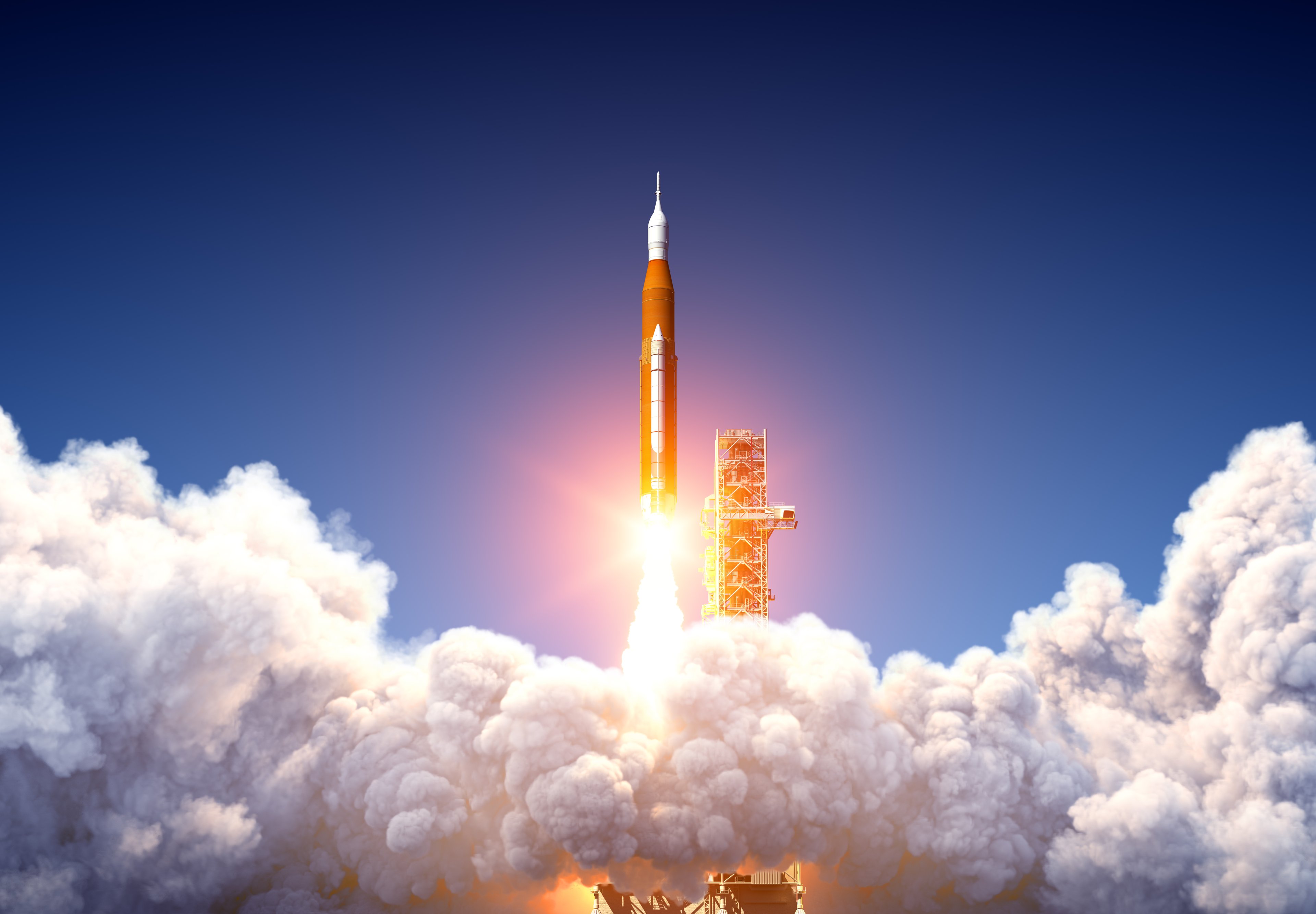Notching a variety of achievements in 2025, Rocket Lab (RKLB +1.64%) has provided investors with loads to celebrate this year. From growing quarterly revenue in the first two quarters of 2025 to expanding its gross profit margin in each quarter, the launch services company has consistently delivered operational improvements.
But even though the company has logged some notable successes, there's one area where it is lagging. For this reason, I'm keeping a close eye on Rocket Lab to see if it can regain its upward trajectory on this key metric.

Image source: Getty Images.
The company's backlog is front and center on my radar
While figures on the income statement are undoubtedly important, I'm focused on another area: the backlog. For a growth company like Rocket Lab, it's critical for it to be securing future business as it brings projects through its pipeline.
Over the past couple of quarters, however, Rocket Lab hasn't demonstrated success at replenishing its backlog. At the end of the second quarter of 2025, Rocket Lab reported $1 billion in backlog, a decrease over both the $1.067 billion it had in backlog at the end of the first quarter of 2025 and the $1.067 billion it also had in backlog at the end of the second quarter of 2024.
In Rocket Lab's Q2 2025 financial presentation, management acknowledged that the company's "[h]ealthy pipeline including multi-launch deals and large Satellite Manufacturing contracts can create lumpiness in backlog growth given the size and complexities of these opportunities."

NASDAQ: RKLB
Key Data Points
This seems reasonable, yet I find the company's year-over-year decrease in the backlog concerning, and if the company continues to report flat backlog growth in the remainder of 2025, I might be inclined to reach for a warning flag.
Where else should investors look?
Besides the backlog, I'm also watching closely this month to see if Rocket Lab launches its Neutron rocket. If it does, customers who have been cautious about signing on with Rocket Lab for its large launch vehicle -- the only current competitor to the Falcon 9 from SpaceX -- should start to line up.





